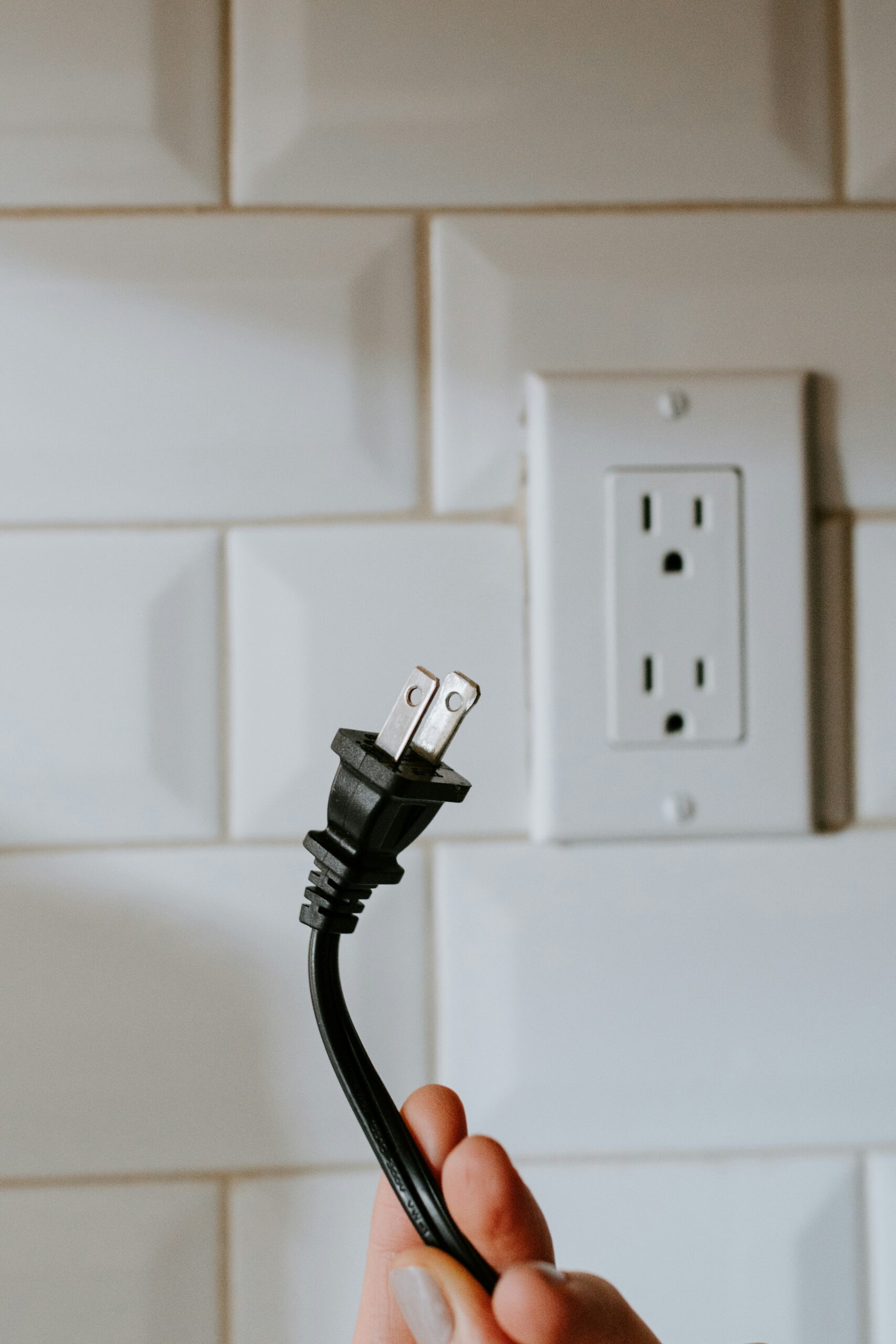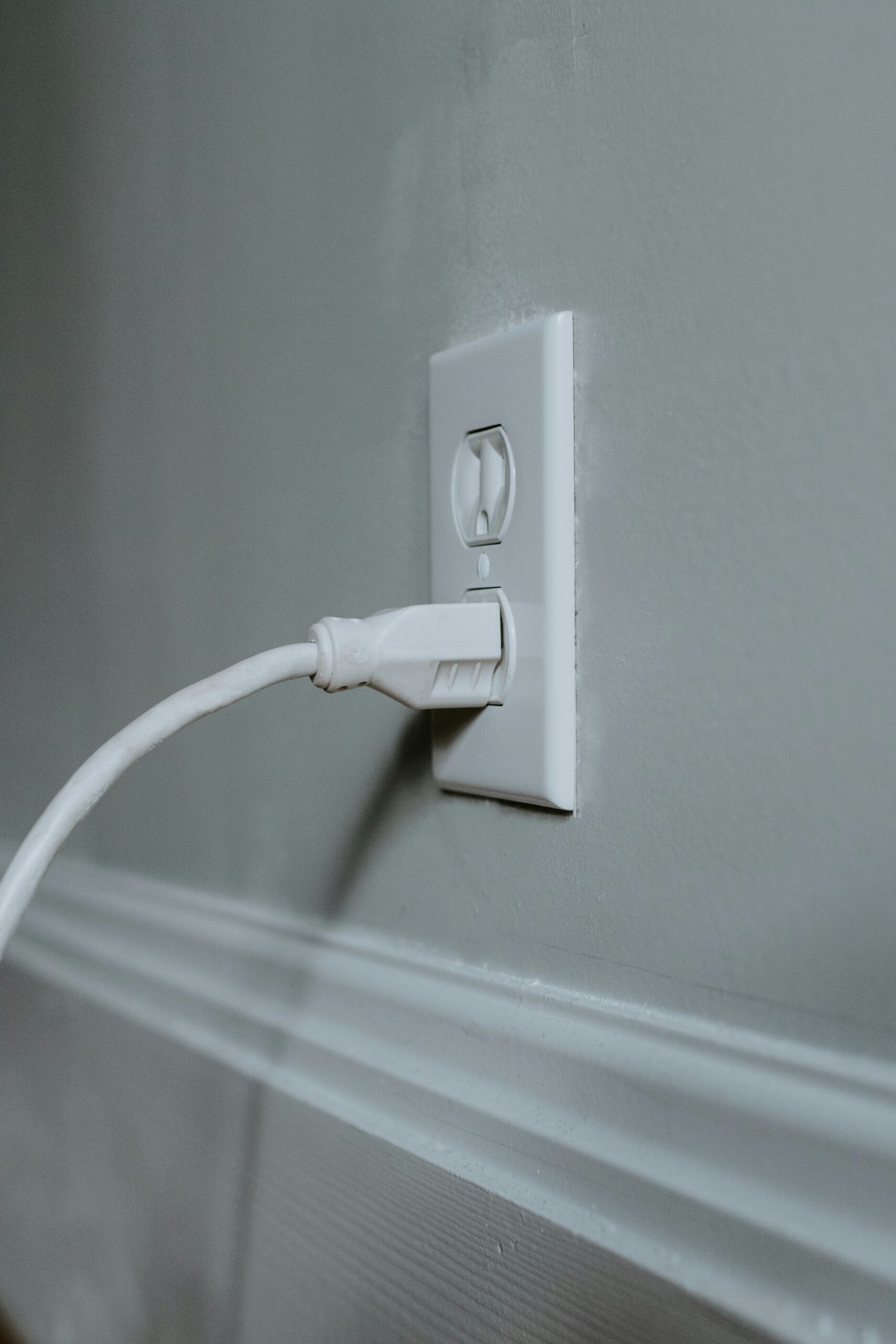Imagine never having to worry about losing power during an outage again. With a home power backup system, you can rest easy knowing that your household will automatically be protected when the lights go out. Curious to understand how this works? In this article, we’ll explore whether a home power backup system can indeed start automatically during a power outage and discover how this innovative technology can provide peace of mind for homeowners everywhere. Say goodbye to frantic searching for candles and flashlights – your backup power is just a flip of a switch away.

Understanding Power Outages
Definition of a power outage
A power outage refers to the loss of electrical power in an area, resulting in a temporary interruption of electricity supply. It can occur due to various reasons and has the potential to disrupt daily activities, impact crucial appliances, and cause inconvenience to households.
Common causes of power outages
Power outages can be caused by a wide range of factors. Some common causes include severe weather conditions such as thunderstorms, hurricanes, or snowstorms, which can damage power lines and transformers. Other causes may include equipment failure, grid overload, maintenance work, or accidents such as vehicle collisions with power poles.
Impacts of power outages on home appliances
Power outages can have significant impacts on home appliances. When the power supply is interrupted, appliances reliant on electricity like refrigerators, air conditioners, heating systems, and televisions cease to function. In addition to the inconvenience of not being able to use these appliances, power outages can also lead to spoilage of perishable food items, potential damage to electronic devices, and disruption of important household activities.
Concept of Home Power Backup System
Definition of a home power backup system
A home power backup system, also known as an uninterruptible power supply (UPS) or generator, is a device that provides an alternative power source to maintain electricity supply during a power outage. It acts as a backup for essential appliances or the entire electrical system of a home, ensuring uninterrupted power supply and minimizing the impact of power outages.
Types of home power backup systems available
There are various types of home power backup systems available on the market. The most commonly used options include portable generators, standby generators, and uninterrupted power supply (UPS) systems. Portable generators are versatile but require manual operation, while standby generators are permanently installed and automatically activate during a power outage. UPS systems, on the other hand, provide temporary backup power to prevent data loss or system shutdowns for sensitive devices like computers.
Understanding how the power backup system works
In a home power backup system, the backup power source, such as a generator or battery, is connected to the main electrical panel of the house. When a power outage occurs and the utility power supply is disrupted, the backup system automatically detects the outage and activates. It then delivers electricity to the critical circuits or the entire electrical system, depending on the type of backup system installed. Once the utility power is restored, the backup system switches back to its standby mode.
Functionality of Automatic Home Power Backup Systems
How automatic power backup systems function
Automatic power backup systems are designed to seamlessly provide power during outages without requiring manual intervention. These systems are equipped with sensors that can detect when the utility power supply is interrupted. Upon detecting an outage, the backup system’s automatic transfer switch (ATS) activates the backup power source, whether it is a generator or battery-based UPS. The switch then redirects the electrical load to the backup system to maintain a continuous power supply until the utility power is restored.
Key components of an automatic power backup system
An automatic power backup system consists of several key components that work together to ensure a smooth transition during power outages. These components include the automatic transfer switch (ATS), the backup power source (generator or UPS), a control panel, and monitoring devices. The ATS is responsible for detecting the outage and transferring the load to the backup power source, while the control panel manages the operation of the backup system. Monitoring devices provide real-time information about system status and performance.
The step-by-step process of automated switching
The automated switching process of an automatic power backup system involves a series of steps to ensure a reliable power supply during outages. When a power outage occurs, the automatic transfer switch (ATS) detects the loss of utility power and activates the backup power source within milliseconds. Once activated, the ATS transfers the electrical load to the backup system. It prioritizes critical circuits or appliances to receive power while temporarily cutting off non-essential ones. When the utility power is restored, the ATS senses it and smoothly switches the load back to the utility power source, simultaneously shutting down the backup system.
Power Backup System’s Automatic Start during Outages
Conditions needed for the automatic start of the backup system
To enable the automatic start of a power backup system during outages, certain conditions must be met. Firstly, the backup system needs to be connected to the electrical panel and properly wired to the utility power supply. Secondly, the system must have a reliable and continuous fuel or energy source, such as a fuel tank for generators or charged batteries for UPS systems. Lastly, the automatic transfer switch (ATS) must be in proper working condition and capable of detecting the loss of utility power.
The mechanism behind the automatic start
The automatic start of a power backup system during outages is made possible through the mechanism of the automatic transfer switch (ATS). The ATS continuously monitors the utility power supply, and when it detects a power outage, it signals the backup power source to start. In the case of generators, the ATS also initiates the starting sequence, including fuel supply, ignition, and connection to the electrical load. The whole process is designed to be seamless and automatic, ensuring a smooth transition from utility power to backup power.
Advantages of an automatic start during power outages
The automatic start feature of a power backup system offers several advantages. Firstly, it eliminates the need for manual intervention during outages, ensuring a prompt response and minimizing disruption. Secondly, it provides uninterrupted power supply, protecting important appliances and electronics from damage due to sudden power loss. Lastly, an automatic start system offers peace of mind, knowing that the backup power source will activate automatically, even if the homeowner is not present or unable to manually start the system.

Manual vs Automatic Backup Systems
Functional differences between manual and automatic backup systems
The functional differences between manual and automatic backup systems are significant. In a manual backup system, the homeowner is responsible for starting and switching the system to backup mode during an outage. This typically involves physically starting the generator or activating the UPS system. In contrast, automatic backup systems detect outages and activate the backup power source without any manual intervention. The automatic transfer switch (ATS) plays a crucial role in enabling this automatic switching.
Comparing cost and installation process of both systems
When considering cost and installation, there are notable differences between manual and automatic backup systems. Manual backup systems, such as portable generators, tend to have a lower upfront cost compared to automatic systems. However, they require manual operation, which can be inconvenient during an outage. Automatic backup systems, on the other hand, incur higher upfront costs due to the added complexity of the automatic transfer switch and installation. Despite the higher initial investment, automatic systems offer convenience and peace of mind.
Assessing reliability and convenience of manual and automatic systems
In terms of reliability and convenience, automatic backup systems are often considered superior. Manual backup systems rely on the homeowner’s presence and ability to start the system during an outage, which may not always be possible. Automatic systems eliminate this dependency, ensuring that power is restored automatically. Additionally, automatic systems provide more convenience by minimizing the need for manual tasks, such as refueling a generator or manually switching circuits to backup power.
Importance of Automatic Backup Systems During Outages
Preservation of Appliance Functionality
One of the key reasons why automatic backup systems are important during outages is their ability to preserve appliance functionality. With an automatic backup system in place, crucial appliances like refrigerators, heating systems, and medical equipment can continue to operate seamlessly during power outages. This prevents spoilage of perishable food items, ensures a comfortable living environment, and provides critical support for individuals with medical conditions.
Avoidance of disruption in daily routines
Power outages can disrupt daily routines and activities, causing inconvenience and frustration. Automatic backup systems play a vital role in avoiding such disruption by providing uninterrupted power supply. Homeowners can continue to carry out essential tasks like cooking, bathing, or using electronic devices without any interruption, ensuring a sense of normalcy during an outage.
Cost savings from preventing appliance damage
Power outages can sometimes cause damage to sensitive appliances due to sudden power loss or voltage fluctuations when the power is restored. Automatic backup systems protect appliances by providing a consistent and stable power supply. This can prevent costly repairs or replacements of appliances like refrigerators, computers, or HVAC systems, leading to significant cost savings in the long run.

Factors Affecting Home Power Backup System’s Automatic Starting Capability
Highlighting the role of power outage duration
The duration of a power outage plays a crucial role in the automatic starting capability of a home power backup system. Automatic backup systems are designed to provide power for a specified duration, often based on the capacity of the backup power source. If the outage exceeds the system’s capacity or runtime, the backup system may not be able to sustain power until utility power is restored. Therefore, it is important to choose a backup system that aligns with the anticipated duration of outages in a specific area.
Role of the Power Backup System’s capacity
The capacity of a power backup system, whether it is a generator or UPS, directly impacts its automatic starting capability. Backup systems are rated based on their power output or capacity, measured in watts or kilowatts. The capacity determines how many appliances or circuits the system can support during an outage. Choosing a backup system with sufficient capacity is crucial to ensure that it can handle the electrical load of a home and automatically start during outages without overloading.
Explaining Other system-specific factors
Apart from power outage duration and system capacity, there are specific factors related to each type of backup system that can affect automatic starting capability. For generators, factors such as sufficient fuel supply, proper maintenance, and adequate ventilation are essential for reliable automatic start and operation. In the case of UPS systems, factors like battery health, charging capacity, and backup runtime need to be considered to ensure continuous automatic operation during outages. It is important to review the manufacturer’s recommendations and guidelines for each specific backup system to maximize its automatic starting capability.
Challenges with Automatic Home Power Backup Systems
Discussing potential technical glitches
While automatic home power backup systems offer numerous benefits, they are not without challenges. Technical glitches can occur, which may prevent the automatic start feature from functioning as expected during outages. These glitches can be caused by various factors, including faulty sensors, wiring issues, or software malfunctions. Regular maintenance, periodic testing, and prompt troubleshooting can help identify and address these glitches to maintain the reliability of the backup system.
Possible power capacity issues
In some cases, power capacity issues may arise with automatic home power backup systems. If the backup system’s capacity is not properly matched with the electrical load of the home, it may struggle to handle the demand during outages. This can result in overloaded circuits, voltage drops, or even system failures. It is crucial to accurately assess the power needs of the home and choose a backup system with adequate capacity to avoid such issues.
Addressing the auto start mechanism failure
The automatic start mechanism in a home power backup system is designed to activate reliably during outages. However, like any mechanical or electrical component, it can experience failures. The failure of the automatic start mechanism can prevent the backup system from activating when needed. Regular maintenance and inspections, along with timely repairs or replacements of faulty components, can help minimize the risk of auto start mechanism failures and ensure the backup system performs as intended.
Choosing the Right Home Power Backup System
Evaluating power needs of your home
To choose the right home power backup system, it is important to evaluate the power needs of your home. Start by identifying the critical appliances or circuits that you want to power during an outage. Calculate their power requirements and add a safety margin. This will give you an estimate of the backup system capacity needed. Additionally, consider any future power needs or expansion plans that may impact the choice of backup system.
Consideration of budget and cost efficiency
Budget and cost efficiency are important factors to consider when choosing a home power backup system. Manual systems like portable generators generally have lower upfront costs compared to automatic systems. However, automatic systems provide greater convenience and reliability, despite their higher initial investment. It is essential to weigh the long-term benefits and cost savings associated with selecting an automatic backup system.
Looking at product reviews and ratings
Product reviews and ratings can provide valuable insights when selecting a home power backup system. Online platforms and consumer review websites offer a wealth of information and feedback from users who have experience with various backup systems. By considering the reviews and ratings, you can gain knowledge about the performance, reliability, and customer satisfaction of different models and brands. This information can help you make an informed decision and choose a backup system that meets your specific requirements.
Maintenance of Your Home Power Backup System
Routine checks and system updates
Maintenance is key to ensuring the efficient operation of a home power backup system, especially its automatic start feature. Regularly check the condition of the backup system, including the generator or UPS, fuel levels, battery health, and wiring connections. It is also important to keep up with any system updates or firmware upgrades recommended by the manufacturer. Routine checks and updates will help identify and address any potential issues before they impact the system’s automatic starting capability.
Common repairs and when to call a professional
Inevitably, there may be times when repairs are necessary to keep a home power backup system in optimal condition. Common repairs may include fixing faulty sensors, replacing worn-out parts, or resolving communication issues between the backup system and the automatic transfer switch (ATS). While some minor repairs can be carried out by homeowners, it is advisable to call a professional for complex repairs or if you are unsure about the repair process. Professional expertise will help ensure the system operates safely and reliably.
Importance of regular maintenance for efficient auto start during outages
Regular maintenance is essential to ensure the efficient auto start capability of a home power backup system during outages. By adhering to a maintenance schedule and performing recommended inspections, homeowners can identify and resolve any potential issues before they affect the system’s performance. Regular maintenance also helps extend the lifespan of the backup system, minimize the risk of failures, and maximize the automatic start feature’s reliability.

